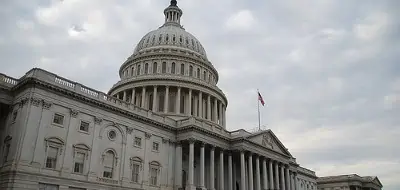ASAN applauds Congress for the introduction of the Keeping All Students Safe Act (KASSA). If passed, the Keeping All Students Safe Act would be the first federal law to limit the use of restraints and seclusion on children with disabilities. ASAN strongly supports the swift passage of this crucial legislation.
Restraint and seclusion have a long history of overuse, especially on students with disabilities and students of color. Being restrained or secluded is a traumatic, sometimes life-threatening experience. And using restraint and seclusion doesn’t translate into better outcomes for students. In fact, research found that by abandoning restraint and seclusion, students are safer and more likely to achieve their goals. Schools are meant to support students and help them learn and grow – that isn’t possible in an environment where restraint and seclusion are used.
We recognize there is still a lot of work to be done to ensure disabled students are safe at school, and to close school to prison pipeline. While KASSA would require data collection on restraint and seclusion, the data would not show key demographic information of students who are restrained or secluded, such as the type of disability they have, or if they were both a disabled student and a student of color. Understanding which kinds of students are disproportionately restrained or secluded is an important tool for advocates, and we encourage Congress to refine the data collection guidelines within this bill to include these parameters. In addition, we urge Congress to offer more protections for students who are restrained by school resource officers (SROs), as well as close a loophole within KASSA that might inadvertently allow certain kinds of restraints.
Restraint and seclusion are horrifying practices that violate the rights of disabled students. Disabled students deserve better than restraint and seclusion, and KASSA is an important step forward that our community wants and needs. We urge Congress to pass this long-overdue bill as soon as possible, and look forward to working with them to make that happen.

